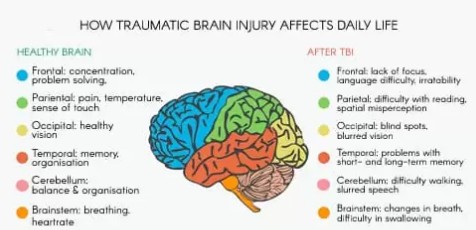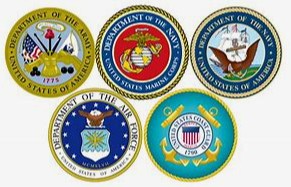
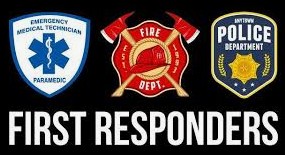



Best Apps/Products for TBI – TBI-ID.com
9 Best Apps for TBI to Promote Independence From Flint Rehab
Life Changing Apps for TBI Powered by Wounded Warrior Project
Visit our DIY Rehab Therapy Pages – You can find therapies for specific Symptoms (which are related to the location of your injury)
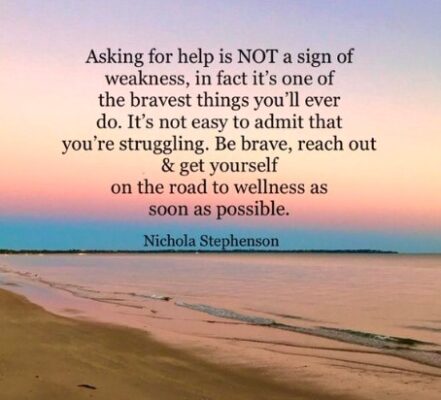
Scroll down – The are TONS OF RESOURCES with LINKS below, including many NATIONAL ORGANZATIONS.
✔ Complete in the comfort of your own home ~ take your time.
✔ No need to relive the trauma ~ your physician can READ about the incident instead of YOU needing to TALK about it.
✔ Symptoms and severity clearly outlined ~ doctors can skim through and get the full picture without talking about them or doctor cutting you off because there isn’t enough time!
✔ Less stress, more efficiency ~ appointments will be smoother, faster, more effective and efficient!
✔ You won’t be dismissed, ignored, or interrupted ~ your experience matters, and this TBI Questionnaire ensures it’s fully acknowledged. AND YOU DON’T HAVE TO SAY ONE WORD IF YOU DON’T WANT TO!
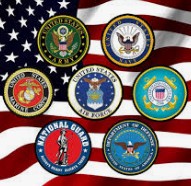
The brave men and women serving in the armed forces and as first responders are often hailed as heroes for their unwavering dedication and commitment to protecting our communities and nations.
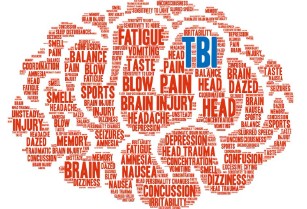
Members of the armed forces and first responders, such as police officers, firefighters, and emergency medical personnel, frequently encounter situations that put them at risk of TBIs.
The prevalence of TBIs among armed forces personnel and first responders underscores the urgent need for comprehensive support systems and mental health services tailored to their unique experiences.
In creating this page, our goal is to raise awareness about the challenges faced by armed forces personnel and first responders and to advocate for the continued development of effective support and intervention programs. By understanding the gravity of the issue and advocating for change, we can work towards a future where all individuals who serve are adequately supported and cared for.
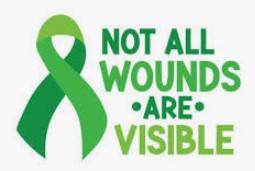
(Please click Badge or Organization’s Name for the LINKS)
U.S. First Responders Association (USFRA): USFRA provides resources, education, and support for first responders and their families, including mental health services, training, and community outreach programs. https://www.usfra.org/
First Responder Task Force: This organization offers crisis intervention, mental health support, and financial assistance to first responders and their families in times of need.
National Association of Emergency Medical Technicians (NAEMT): NAEMT provides advocacy, education, and resources to emergency medical technicians (EMTs) and paramedics, including continuing education and support services.
National Volunteer Fire Council (NVFC): NVFC supports volunteer firefighters and emergency responders through training, advocacy, and mental health resources.
International Association of Fire Fighters (IAFF): IAFF offers resources and support for professional firefighters, including health and safety programs, mental health services, and advocacy
National Law Enforcement Officers Memorial Fund (NLEOMF): NLEOMF provides resources and support for law enforcement officers and their families, including memorial services, educational programs, and advocacy.
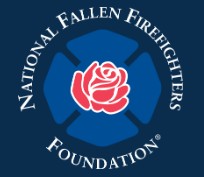
National Fallen Firefighters Foundation (NFFF): NFFF honors fallen firefighters and provides support to their families, including scholarships, counseling, and financial assistance
Wounded Warrior Project: Wounded Warrior Project offers a wide range of programs and services for veterans and service members, including mental health support, physical rehabilitation, and career counseling.
American Red Cross: The American Red Cross provides disaster relief, emergency assistance, and health services for military personnel, veterans, and their families
Veterans of Foreign Wars (VFW): VFW offers support and advocacy for veterans, including financial assistance, educational programs, and mental health resources
Disabled American Veterans (DAV): DAV provides a variety of services for disabled veterans, including medical care, rehabilitation, and employment support
American Legion: The American Legion offers resources and support for veterans, active-duty military, and their families, including advocacy, scholarships, and mental health services.
Military Officers Association of America (MOAA): MOAA provides resources and advocacy for military officers, including career support, financial planning, and mental health services
Blue H.E.L.P.: Blue H.E.L.P. provides support for law enforcement officers experiencing mental health challenges, including counseling, peer support, and educational resources
Concerns of Police Survivors (C.O.P.S.): C.O.P.S. offers resources and support for families of fallen law enforcement officers, including counseling, financial assistance, and educational programs
National Alliance on Mental Illness (NAMI): NAMI provides mental health resources and support for individuals and families, including those in the armed forces and first responders.
National Center for PTSD: The National Center for PTSD offers resources, research, and support for veterans and first responders experiencing post-traumatic stress disorder (PTSD)
Operation Gratitude: Operation Gratitude provides care packages and letters of support to military personnel, veterans, and first responders, fostering connection and appreciation
Team Rubicon: Team Rubicon unites veterans and first responders to deploy emergency response teams to disaster areas, providing both service and camaraderie
Tragedy Assistance Program for Survivors (TAPS): TAPS offers compassionate care, support, and resources for families grieving the loss of a military loved one.
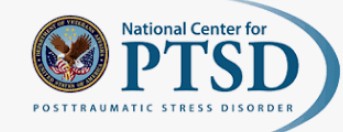
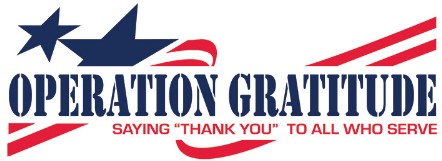
![]()
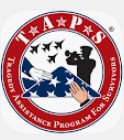

Welcome to TBI-ID.com, your dedicated resource for Traumatic Brain Injury (TBI) support and information.
Our brave military personnel and first responders often face high-risk situations where TBIs are unfortunately common.
We aim to support our heroes by providing practical and easy-to-understand resources that can save you time and reduce frustration.
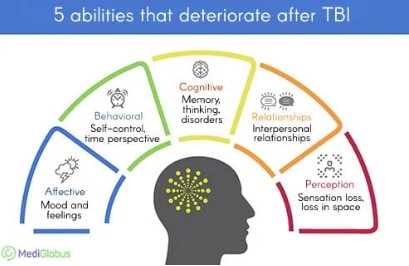
Information
Detailed articles and resources explaining the symptoms, causes, and treatment options for traumatic brain injuries. This website is designed to be a one-stop hub for all your TBI-related questions. Read More re Causes etc
See also: RESOURCES – TBI-ID.com & TBI-U/DIY REHAB – TBI-ID.com
Information on available support groups, counseling services, and assistance programs tailored specifically for military personnel and first responders. You’ll discover ways to connect with others who understand your experiences and can offer support.
On our website, you will find:
![]()
Comprehensive TBI Questionnaire: The inspiration for this innovative and comprehensive TBI Questionnaire was from reading on Operation We Are Here about the difficulty finding information about TBIs online that was easy to understand, and the frustration of meeting with doctors who don’t have time to listen to you.
The Questionnaire has been carefully designed to help you document your symptoms in a way that is both clear and consistent. This tool is tailored to address the lack of accessible and easy-to-understand information on TBIs online.
By completing the questionnaire at home, you are taking an important step towards improving your care and making your medical appointments more efficient, and less stressful. The benefits include:
At TBI-ID.com, we’re dedicated to supporting those who have dedicated their lives to protecting others. Let us help you navigate the path to recovery and better health.
IF YOU WOULD LIKE SPECIFIC INFORMATION, PLEASE LET ME KNOW! ([email protected])
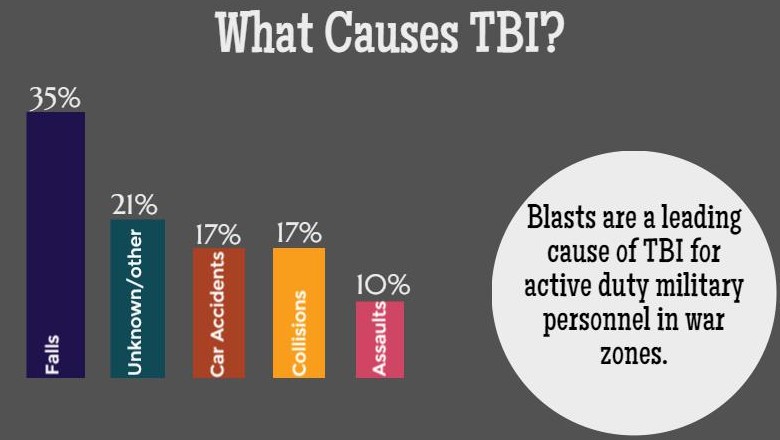
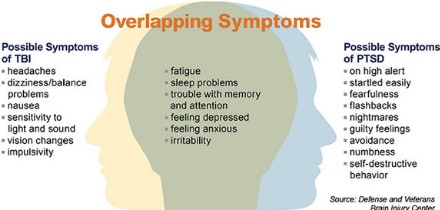
Possible TBI/Possible PTSD
Symptoms

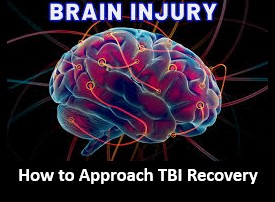

These resources should provide a comprehensive starting point for supporting active duty military personnel and veterans with TBI and mental health needs.

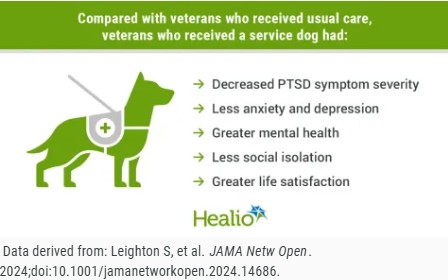
These resources should provide comprehensive support for active duty military personnel and veterans dealing with TBI, PTSD, and related mental health issues.
If there are other Resources that you would like us to share here, please let me know! ([email protected])
